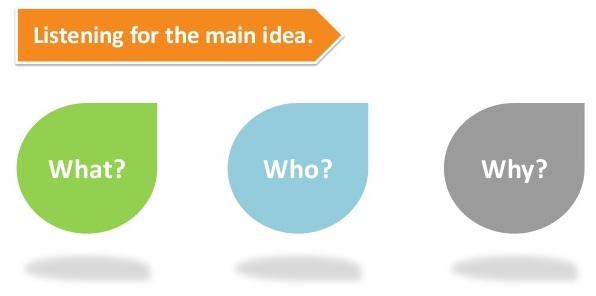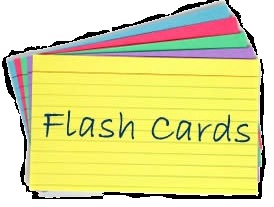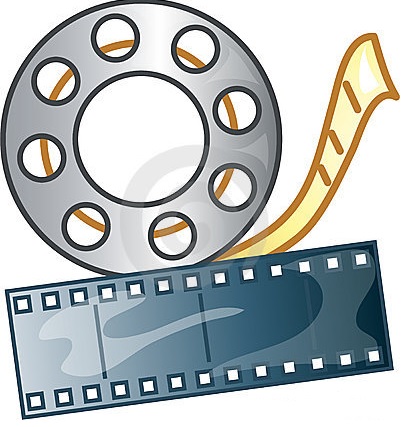
-Listening Strategies for TOEFL-
When preparing for TOEFL exam, there are few strategies that we use in order to enhance our performance and they are basically very simple.
Below we will go through some of them:
Preparation Strategies
Listen to spoken English from multiple sources as much as possible. Listen to English spoken movies and English spoken TV channels, listen to the radio and as many other listening sources as you may find. It would be better if your passages are academic or close to what is in TOEFL iBT. The more you practice listening, the better listener you will become.

Listen for the main idea. It is usually found at the beginning of the listening passages, while the details are dispersed throughout the lecture. The main idea will give you understanding of what the conversation/lecture is about. Then you may listen for details.

Learn to find how the ideas are presented in the listening passage. Some of the main relations between ideas include cause/effect, compare/contrast, and steps in a process.

Learn to listen for signal words that indicate different parts of the passage - introduction, major steps, examples, conclusions, etc.
Build your vocabulary. While listening, try to guess the meaning of unfamiliar words from context. It is very important since there is a big chance to come across words you don't know at the real test. Then, you should guess their meaning. Write down every word you don't know and include it in your word list. Try to memorize it and use it in your speaking and writing. Flashcards could be a great way to improve your vocabulary.

At the exam strategies
Forget about the Reading section. Now it is time to fully concentrate on the Listening section.
The clock is ticking only when you are answering the questions and not when you are listening to the passages. So, when you listen, forget about the clock.
Prepare for note-taking. Before the section starts, write down the words, 'main idea', 'major points', and 'important details' under which word you will place your notes from the listening passage.

Do not be distracted by the speaker's accent, speaking style and delivery. Focus on the content and flow of information the speaker(s) deliver(s).
Listen to find clues that will help you understand what the speaker's purpose, attitude and degree of certainty is. Listen for words that show relationship between ideas.

Pay attention to the visual materials. Some of the visual materials in the Listening section bring important information. Blackboards show important words or phrases that are discussed during the lecture. Illustrations and graphics support the information presented in the lecture. They are available only when the lecturer refers to them.
